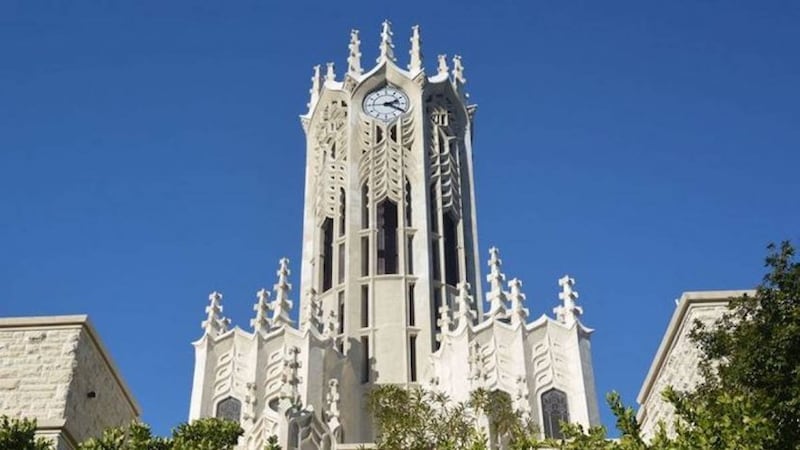Seven professors published an article saying Mātauranga fell 'far short' of what could be 'defined as science' in July, 2021. Picture / NZME / File
The University of Auckland has held its first mātauranga Māori symposium, just a year after some of its academics came under fire for saying indigenous knowledge shouldn’t be directly classified as science.
The symposium took place at Waipapa Marae at the university’s city campus today, and showcased multiple aspects of mātauranga Māori.
Architecture, moko signatures, iwi histories and traditions through to whakairo (carving), weaving, multimedia installations, visual arts, photography and the revival of Māori aute were all featured.
Speakers included Waipapa Taumata Rau’s Associate Professor Ngarino Ellis, Te Ahukaramū Charles Royal, Bernard Makoare, Maureen Lander, Rongomai Grbic-Hoskins, Makareta Janke and Nikau Hindin.
Pro vice-chancellor Māori Te Kawehau Hoskins says the university is excited to open the space to celebrate, share and engage with Mātauranga, in a forum she says will become an annual event.
"We have a diverse range of experts – university scholars, community experts and ringa toi. They are all contributing to the revitalisation and growth of mātauranga for future generations,” Hoskins says.
Response to Listener Seven
"When we looked at the numerous forms and domains of mātauranga, we decided to give thematic attention to these through a yearly symposium.”
Seven University of Auckland professors and emeritii professors—collectively known as the "Listener Seven"—published a letter titled "In Defence of Science" in the NZ Listener in July 2021. The letter drew criticism for its assertion that Mātauranga Māori, "falls far short of what can be defined as science itself."
The university initially drew criticism when vice-chancellor Dawn Freshwater said the letter "caused considerable hurt and dismay among our staff, students and alumni" and that "the institution had respect for mātauranga Māori as a valuable knowledge system” but did not go as far as recognising the scientific elements of mātauranga, or the fact much ‘empirical science’ had in fact derived from indigenous knowledge.
In a statement, the university acknowledged mātauranga Māori takes many forms including environmental knowledge (taonga tuku iho, mātauranga o te taiao), healing and medicines (rongoā) as well as fishing (hī ika) and cultivation (mahinga kai), language, education and toi Māori.
It said following today's event, Te Tari o te Ihonuku Māori and Community Research will host a Research as Ceremony panel at the University's Fale Pasifika on Friday.
Local and global researchers will share reflections and insights into the tikanga of conducting research within Indigenous worlds.
Visiting speaker Dr Shawn Wilson, who is Opaskwayak Cree from northern Manitoba in Canada, will feature along with Te Kapua O'Connor, Edmond Feheko, Atlantic Fellow Kaye-Maree Dunn and AUT Professor Albert Refiti.


